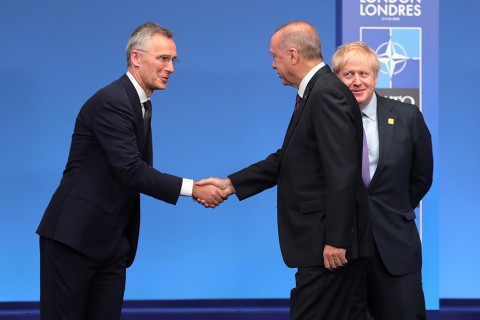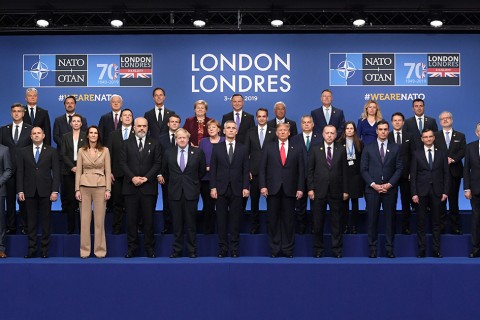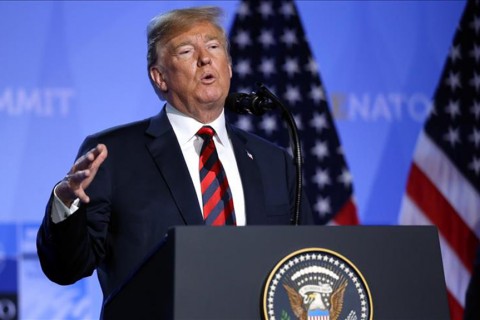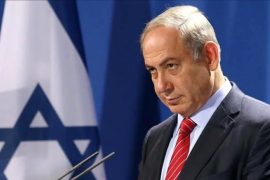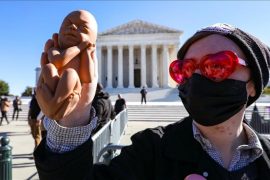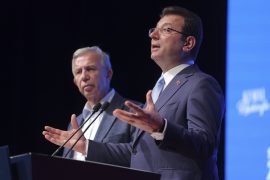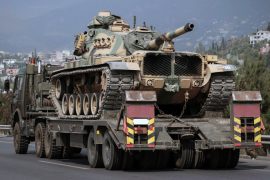Cyber Threat
Cyber Threat

Cyber Security: Global Trends & Türkiye’s Capabilities Report | SETA Emerging Military Technologies Series .2.
| Policy ReportThe quantification of fronts began to attract interest in the late twentieth century with the …
-
Opinion
Did Turkey get what it wanted at the London summit?
By Burhanettin DuranThe NATO leaders' meeting went better than expected. In the alliance's final communique, released after talks concluded on Dec. 4, nations reiterated their commitment to Article 5 of the Washington Treaty, stressed the importance of financial burden-sharing and underlined their intention to seek a common position regarding migration, as well as a united front on cyber and hybrid threats. Noting Russian aggression as posing a possible threat, NATO members called for dialogue with Moscow on intermediate-range missiles. Furthermore, as per Washington's request, the organization hinted it would be turning its attention to the Asia-Pacific region, in a nod to Beijing's expanding influence.
-
Opinion
NATO’s defense agenda: Baltic plan, Chinese cyber threat
By Talha KöseNATO leaders met in London at a time of uncertainty for the U.K. While the public and British authorities are overwhelmed with the debates on Brexit and getting ready for the parliamentary elections to be held next week, the NATO leaders' summit was held in the British capital to make landmark decisions for the future of the alliance. NATO is celebrating the 70th anniversary of its establishment, and the defense alliance was in search of a new vision and updated agenda.
-
Opinion
NATO lacks a rational outlook
By Muhittin AtamanU.S. governments have been questioning the contribution of the NATO alliance for the last two decades. Although the U.S. pioneered the enlargement of the alliance, it mostly prefers to act unilaterally in its security policy, which creates problems for NATO.
